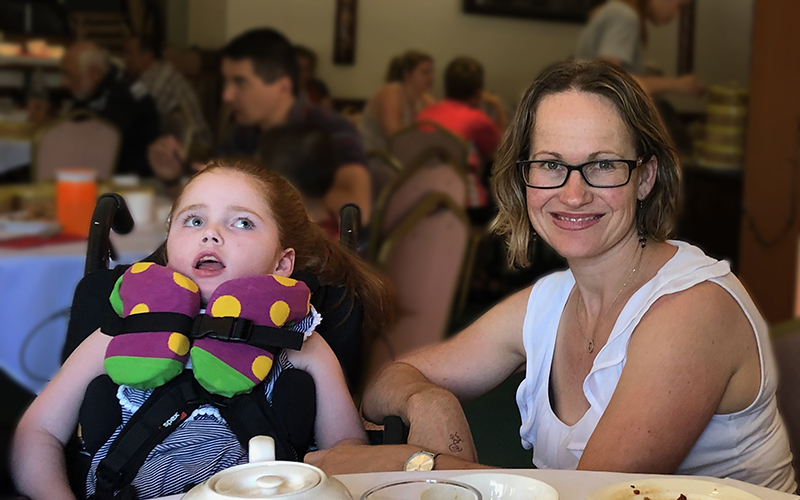Search
Research
Composition of early life leukocyte populations in preterm infants with and without late-onset sepsisComposition of leukocyte populations in the first month of life remains incompletely characterised, particularly in preterm infants who go on to develop late-onset sepsis (LOS). The aim of the study was to characterise and compare leukocyte populations in preterm infants with and without LOS during the first month of life.
Research
Resilience and Posttraumatic Growth after Burn: A Review of Barriers, Enablers, and Interventions to Improve Psychological RecoveryBurn injuries are traumatic experiences that can detrimentally impact an individual’s psychological and emotional wellbeing. Despite this, some survivors adapt to psychosocial challenges better than others despite similar characteristics relating to the burn.
Research
An expanded phenotype centric benchmark of variant prioritisation toolsIdentifying the causal variant for diagnosis of genetic diseases is challenging when using next-generation sequencing approaches and variant prioritization tools can assist in this task. These tools provide in silico predictions of variant pathogenicity, however they are agnostic to the disease under study. We previously performed a disease-specific benchmark of 24 such tools to assess how they perform in different disease contexts.
Research
Circulating Memory B Cells in Early Multiple Sclerosis Exhibit Increased IgA+ Cells, Globally Decreased BAFF-R Expression and an EBV-Related IgM+ Cell SignatureMultiple sclerosis (MS) is an immune-mediated inflammatory disease of the central nervous system that results in demyelination of axons, inefficient signal transmission and reduced muscular mobility. Recent findings suggest that B cells play a significant role in disease development and pathology. To further explore this, B cell profiles in peripheral blood from 28 treatment-naive patients with early MS were assessed using flow cytometry and compared to 17 healthy controls.
Research
In silico evolution of nucleic acid-binding proteins from a nonfunctional scaffoldDirected evolution emulates the process of natural selection to produce proteins with improved or altered functions. These approaches have proven to be very powerful but are technically challenging and particularly time and resource intensive. To bypass these limitations, we constructed a system to perform the entire process of directed evolution in silico.
Research
An Observational Study to Assess the Effectiveness of 4CMenB against Meningococcal Disease and Carriage and Gonorrhea in Adolescents in the Northern Territory, Australia—Study ProtocolInvasive meningococcal disease (IMD) causes significant morbidity and mortality worldwide with serogroup B being the predominant serogroup in Australia and other countries for the past few decades. The licensed 4CMenB vaccine is effective in preventing meningococcal B disease. Emerging evidence suggests that although 4CMenB impact on carriage is limited, it may be effective against gonorrhoea due to genetic similarities between Neisseria meningitidis and Neisseria gonorrhoeae.
Research
Genomic testing for children with interstitial and diffuse lung disease (chILD): parent satisfaction, understanding and health-related quality of lifeResearch is needed to determine best practice for genomic testing in the context of child interstitial or diffuse lung disease. We explored parent's and child's health-related quality of life, parents' perceived understanding of a genomic testing study, satisfaction with information and the study and decisional regret to undertake genomic testing.

News & Events
Feeding change helps keep kids with intellectual disability out of hospitalChildren with intellectual disability who underwent gastrostomy – a feeding tube placed into the stomach – had better overall health and fewer hospitalisations for all causes except acute respiratory illnesses, research led by The Kids Research Institute Australia has found.
Research
LCC Flagship in Educational Equity. Using integrated administrative data to improve educational equity over the life course. UWA component - Evaluation of the Adult Migrant English ProgramThis project seeks to better understand the broader impacts of the AMEP on migrant outcomes.
Research
Economic Evaluation of The Luminos Project: Early intervention residential centre for young people experiencing thoughts of suicideThe Luminos Project has been co-designed with global experts in youth suicide support, mental health services, and research, alongside input from young people with lived experience, ensuring it meets their needs effectively.
